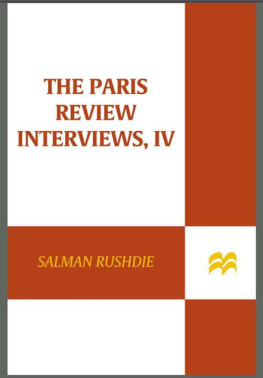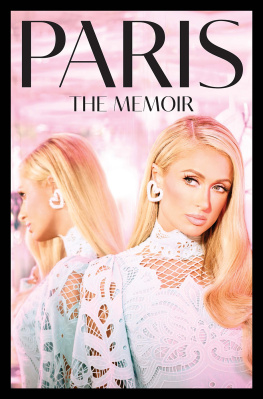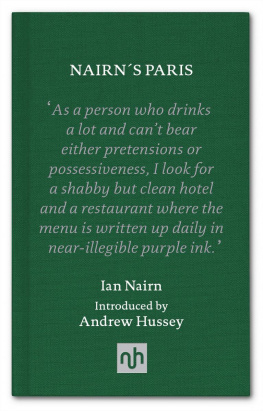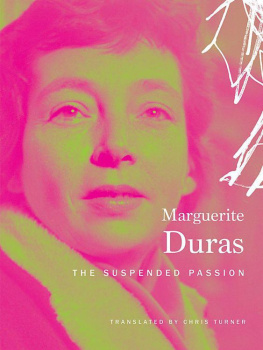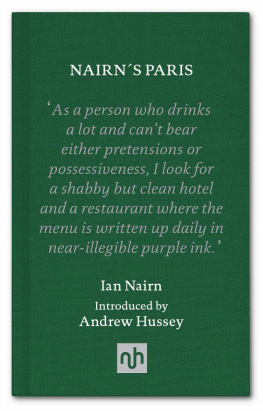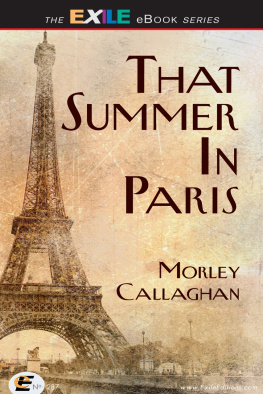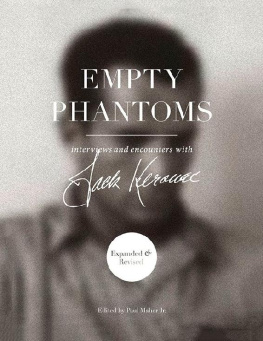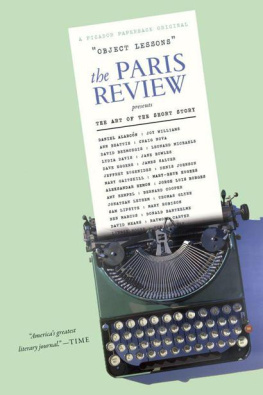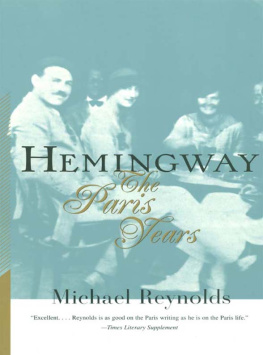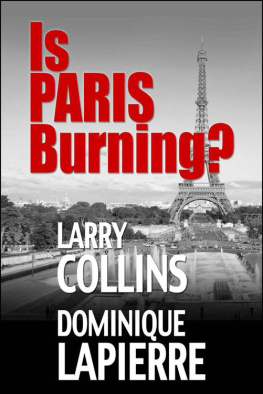the PARIS
REVIEW
I nterviews , IV
ALSO AVAILABLE FROM PICADOR
The Paris Review Interviews, I
The Paris Review Interviews, II
The Paris Review Interviews, III
The Paris Review Book of
People with Problems
The Paris Review Book for
Planes, Trains, Elevators, and Waiting Rooms
The Paris Review Book of
Heartbreak, Madness, Sex, Love, Betrayal,
Outsiders, Intoxication, War, Whimsy, Horrors, God,
Death, Dinner, Baseball, Travels, the Art of Writing,
and Everything Else in the World Since 1953
the PARIS
REVIEW
I nterviews , IV
WITH AN INTRODUCTION BY
S ALMAN R USHDIE
PICADOR NEW YORK
THE PARIS REVIEW INTERVIEWS, IV . Copyright 2009 by The Paris Review. All rights reserved. Printed in the United States of America. For information, address Picador, 175 Fifth Avenue, New York, N.Y. 10010.
See also pp. for individual copyright information.
www.picadorusa.com
Picador is a U.S. registered trademark and is used by St. Martins Press under license from Pan Books Limited.
For information on Picador Reading Group Guides, please contact Picador.
E-mail: readinggroupguides@picadorusa.com
The Library of Congress has catalogued the first volume as follows:
The Paris review interviews, I / with an introduction by Salman Rushdie.3rd ed.
p. cm.
ISBN-13: 978-0-312-36175-4 (v. 1)
1. Authors, American20th centuryInterviews. 2. Authors, English20th centuryInterviews. 3. American literature20th centuryHistory and criticism. 4. English literature20th centuryHistory and criticism. 5. Authorship. I. Rushdie, Salman 1947 II. Paris review.
PS225.P26 2006
823'.9109dc22
2006051097
ISBN 978-0-312-42744-3
First Edition: November 2009
10 9 8 7 6 5 4 3 2 1
Contents
Introduction
by Salman Rushdie
I once asked a maker of fine gold jewelry why she only worked in such an expensive material, and she replied that the point about gold was its malleability: you can do anything with gold, you can twist it and turn it and it will take whatever shape you want it to take. I thought then, and think now, that English is the gold of languagesthat, unlike some other languages I could name, its syntactical freedom and its elasticity allow you to make of it what you will, and that this is why, as it has spread across the world, it has made so many successful local metamorphosesinto Irish English, West Indian English, Australian English, Indian English, and, of course, the many varieties of American English. I was happy to see that, in the
Paris Review interview reprinted in this volume, Maya Angelou feels the same way, speaking of how beautiful, how pliable the language is, how it will lend itself. If you pull it, it says, OK.
Foolishly, perhaps, I have long assumed that English possesses this quality to a greater degree than any other language, and so it is salutary to be reminded by David Grossman that other writers in other languages feel the same way. Hebrew, Grossman says, is a flexible language and it surrenders enthusiastically to all kinds of wordplay. You can talk in slang about the Bible and you can speak biblically about everyday life. You can invent words that people can easily understand, because almost every word has a root, and people know the derivation or can usually figure it out. It is a very sexy language. It is gigantic, heroic, and glorious, but at the same time it has large gaps that yearn to be filled by writers. Oh, OK, I find myself conceding, just a touch grumpily; OK, so maybe among languages theres more than one variety of gold.
This is one of the reasons why the Paris Review interviews are so terrific. They dont just entertain you, they make you think, and they even make you rethink what you think you know. Like many writers (and would-be writers, and readers, too) Ive been a fan of the Art of Fiction series for as long as I can remember. Ive pulled my old copies of the magazine off their shelf and have them beside me as I write, and I am reminded of the eagerness with which, in the spring of 1979, when I was hard at work on my second novel, Midnights Children, I pored over John Gardners interview in The Paris Review and thought that if this magazine were ever to say of anything I wrote that it represented a new and exhilarating phase in the enterprise of modern writing, as the Reviews four-headed interviewer said of Gardner, then I would be able to die a happy man.
In the summer of 1981, which was a good time for me, the summer after the publication of Midnights Children, the summer when I was writing the first draft of its successor, Shame, I was greatly inspired by Donald Barthelme in his Paris Review interview, in particular his comments about his use of fantastic effects. To give a woman golden buttocks in a story was a way of allowing you to see buttocks. And: If I didnt have roaches as big as ironing boards in the story I couldnt show Corts and Montezuma holding hands, it would be merely sentimental. You look around for offsetting material, things that tell the reader that although X is happening, X is to be regarded in the light of Y. How very useful that was to me then and, indeed, how useful it still is!
The Art of Fiction interviews satisfy ourall right, mydeep and abiding inquisitiveness about the writing life. Like most writers, I am interested in other writers, both as a reader and as a nosey parker. I want to know their work but I also want to know where it came from, and how. Perhaps the only writer I can think of who denies feeling like this is V. S. Naipaul. I was once present at Hay-on-Wyes literary festival when Naipaul was being interviewed on stage by the American writer and editor Bill Buford. He replied to Bufords question about the writers he read with a majestic dismissal: Im not a reader, Im a writer. Yet here he is in these pages, offering up one of his many published accounts of his own literary origins, and his writing process, too, presumably because he is willing to go along with the idea that; while he himself is uninterested in reading or learning about other writers, those other writersand readers, too, of coursemight be interested in learning about him. But then, as he tells us, there are many excellent reasons why we might wish to learn about him. It is immensely hard to be the first to write about anything. It is always easy afterwards to copy, he says, speaking of Miguel Street, and of In a Free State he is happy to tell us that it is very well made.
It is at moments like these that the Art of Fiction interviews are most revealing, showing us, perhaps, more of the author than even the author knows. The great P. G. Wodehouses well-known sunniness of spirit acquires an almost shockingly innocent quality when he talks about his wartime broadcasts from Berlinbroadcasts that led many to denounce him as a traitor, and that, as he himself says, altered his whole life, leading him to spend the rest of it in the United States and never go home again. It has always felt painful to me that this most English of English writers, creator of the fantasy England of Jeeves, Bertie Wooster, the Drones Club, Blandings Castle, and the imperishable pig the Empress of Blandings should have spent so long in exile. But Wodehouse sounds perfectly happy about the whole thing. Does he resent the way he was treated by the English? Oh, no, no, no. Nothing of that sort. The whole thing seems to have blown over now. And how about his American exile? Id much sooner live here than in England, I think. I cant think of any place in England I prefer to this. I used to like London, but I dont think Id like it now... Im rather blessed in a way. I really dont worry about anything much. I can adjust myself to things pretty well. Oh, so thats all right, then.

